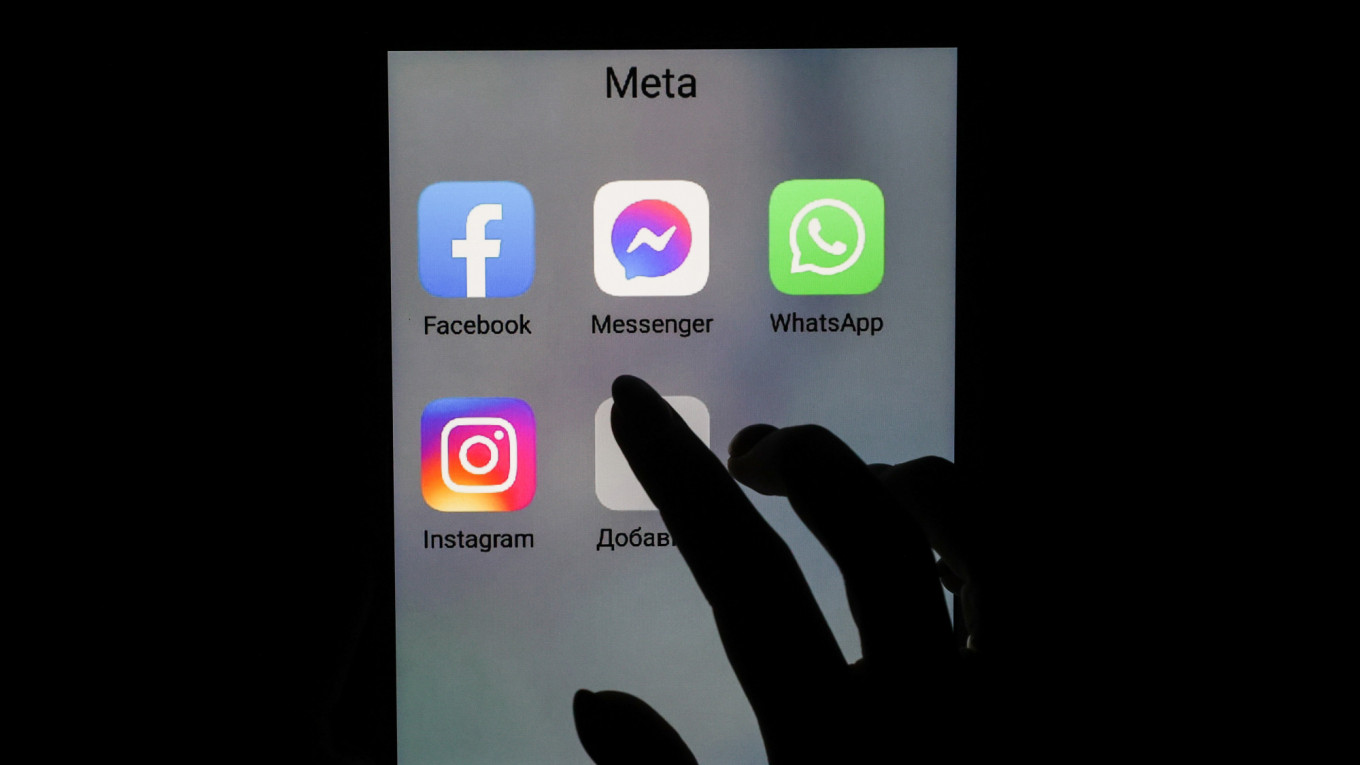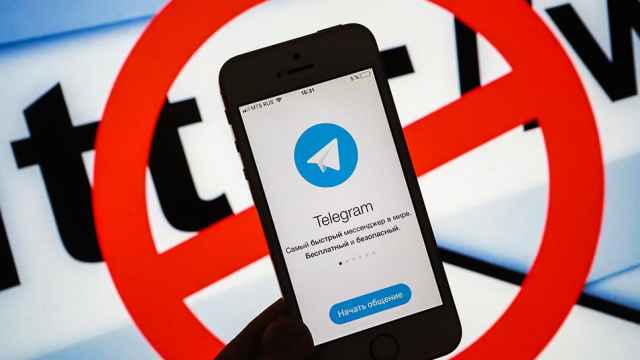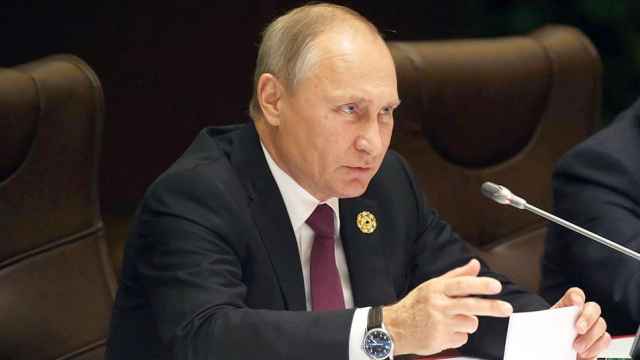Two of Russia’s largest search engines have removed results for Facebook, Instagram and several independent news websites after authorities blocked them or declared them “extremist” amid Moscow’s invasion of Ukraine.
Meduza, Mediazona, Deutsche Welle, Current Time, Kholod, The Insider and other news outlets that have been providing independent coverage of the invasion have been removed from search results.
Yandex and Mail.ru-owned VKontakte said Monday they stopped displaying the search results in line with Russian law.
“Some links are not available in the search results due to the requirements of Russian legislation,” states a disclaimer at the top of the Yandex page.
A Russian court banned Facebook and Instagram as "extremist" in March, leaving WhatsApp as the only accessible platform owned by U.S. tech giant Meta. Access to Twitter has also been restricted.
Earlier on Monday, Russia blocked access to a Human Rights Watch (HRW) article on civilian casualties in Ukraine and 24 other mostly Ukrainian websites. HRW is among 15 international organizations and foreign NGOs that Russia shut down earlier in April for alleged legal violations.
The digital rights watchdog Roskomsvoboda estimates Russia has blocked more than 2,300 websites since President Vladimir Putin ordered troops into Ukraine on Feb. 24.
State-funded polling showed Instagram usage dropping from 53% last fall to 25% weeks after the “extremist” ban, while Facebook use dropped from 21% to 11%.
Russian authorities have also blocked dozens of Russian and foreign media since the invasion in an effort to closely control the narrative of the invasion.
Authorities introduced two new criminal offenses in early March for "discrediting" and spreading "false" information about the Russian military, forcing several independent news outlets to suspend activities for fear of prosecution.
A Message from The Moscow Times:
Dear readers,
We are facing unprecedented challenges. Russia's Prosecutor General's Office has designated The Moscow Times as an "undesirable" organization, criminalizing our work and putting our staff at risk of prosecution. This follows our earlier unjust labeling as a "foreign agent."
These actions are direct attempts to silence independent journalism in Russia. The authorities claim our work "discredits the decisions of the Russian leadership." We see things differently: we strive to provide accurate, unbiased reporting on Russia.
We, the journalists of The Moscow Times, refuse to be silenced. But to continue our work, we need your help.
Your support, no matter how small, makes a world of difference. If you can, please support us monthly starting from just $2. It's quick to set up, and every contribution makes a significant impact.
By supporting The Moscow Times, you're defending open, independent journalism in the face of repression. Thank you for standing with us.
Remind me later.






